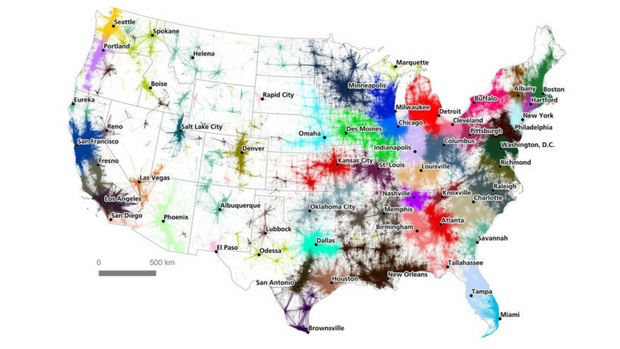
If you missed my last two posts on ambition, you might want to start there:
Oftentimes God has to bring you through the desert before he can use you.
In other words, he has to sanctify your ambition and faith in order to use you for his purposes.
If you haven’t yet gone through a desert experience where your world has been turned upside down, then expect to. God uses these desert experiences to accomplish things through you that you would never be able to accomplish apart from them.
In fact, spiritual leaders find their greatest insights and contributions in these desert experiences.
Moving back to Canada from from Korea was definitely a desert experience for me. I felt like my world was turned upside down.
I knew that God had called us to Korea, but if that was really true, then why did he allow us to leave Korea the way we did? The ministry was multiplying, people were being transformed, and we had just signed a lease for a new place and bought all new furniture, only then to turn around and leave it all?
My wife, Christina, and I didn’t understand why God was allowing us to go through this, but by his unbelievable grace we did sense his presence along the way.
When we moved back to Canada, we were jobless, hopeless, and our savings were running out fast.
I was disillusioned with ministry and knew I needed a break, but I also knew my family needed to be fed.
[Read more…] about Sanctifying Your Ambition and Faith



